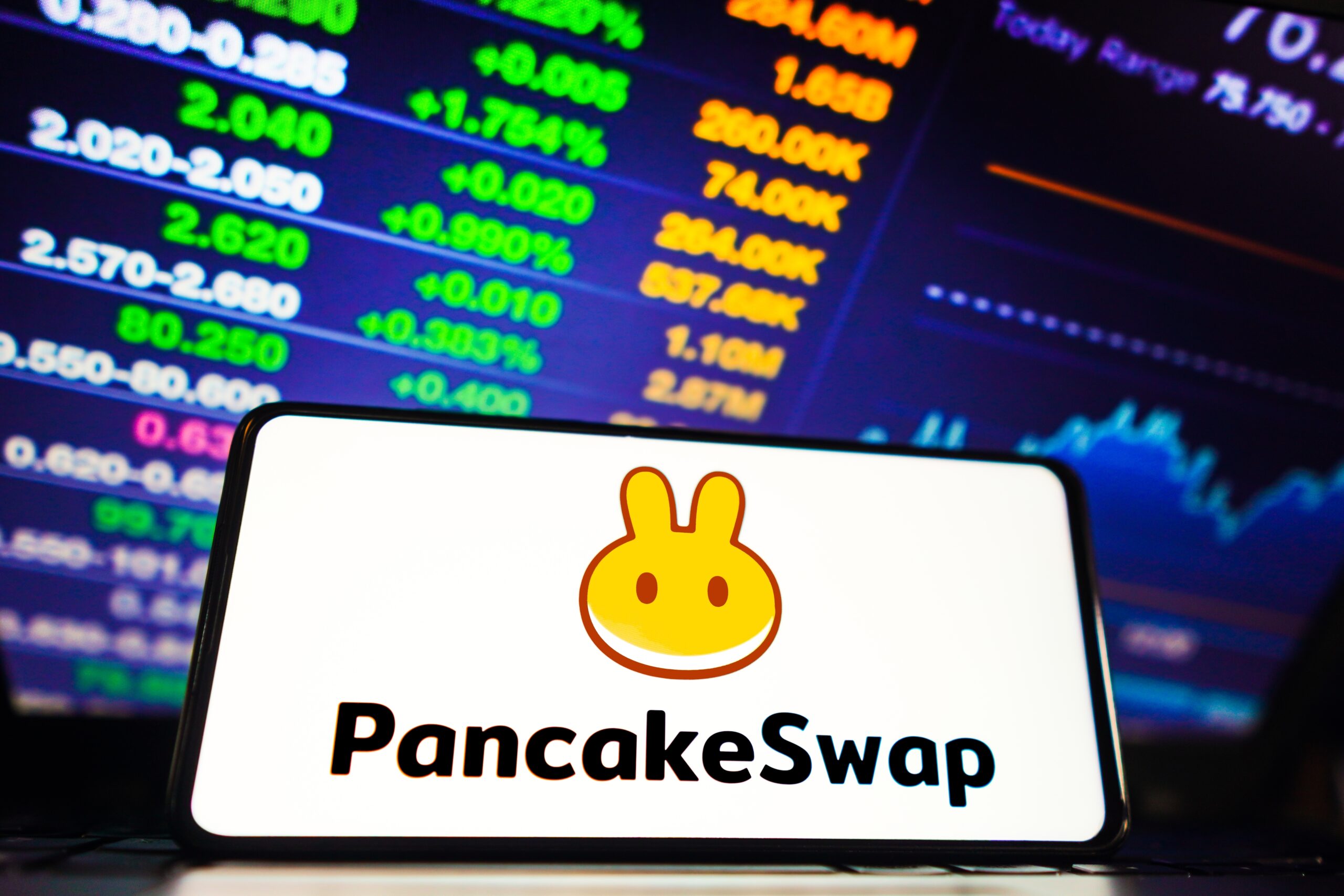How Banks Went from Dismissing Bitcoin, to Seeing it as a Revolution

Bitcoin is contrary to the traditional financial system in almost every way. Where banks are centralized, Bitcoin is decentralized. In fact, Bitcoin is a response to the failings of the global financial markets, so it only seems natural that banks and governments would be threatened by it. However, there’s been a change in sentiment towards the cryptocurrency market as of late. More and more banks and governments are embracing the technology, in a move that seems a far cry from their initial stances on Bitcoin. So, let’s take a look at how banks went from dismissing Bitcoin, to seeing it as a revolution.
A brief history of Bitcoin
Bitcoin was invented by Satoshi Nakamoto, who released the technology’s white paper in October of 2008. At the time, the global financial markets were in chaos – we were in the midst of a recession, and banks were falling apart. It’s no coincidence that the headline “Chancellor on brink of second bailout for banks” was embedded into the genesis block of the Bitcoin network. Nakamoto was making a statement on the failures of financial institutions around the world.
Since then, Bitcoin has gone on to lead the way for an industry which has an overall market cap of $190,832,488,869 (at the time of writing). The crypto asset industry is thriving, with Bitcoin at its helm.
Bitcoin and the Banks
On a global level, the banks weren’t exactly thrilled about Bitcoin to begin with. JPMorgan and Bank of America have both issued statements about cryptocurrencies this year. Bank of America stated that cryptocurrencies have three main risk factors. The first, is that “Emerging technologies, such as cryptocurrencies, could limit our ability to track the movement of funds,” making it harder for them to comply with KYC and anti-money-laundering regulations.
They continue,
Further, clients may choose to conduct business with other market participants who engage in business or offer products in areas we deem speculative or risky, such as cryptocurrencies.
They then outline the third risk factor as follows:
Additionally, the competitive landscape may be impacted by the growth of non-depository institutions that offer products that were traditionally banking products as well as new innovative products. This can reduce our net interest margin and revenues from our fee-based products and services. In addition, the widespread adoption of new technologies, including internet services, cryptocurrencies and payment systems, could require substantial expenditures to modify or adapt our existing products and services as we grow and develop our internet banking and mobile banking channel strategies in addition to remote connectivity solutions.
If this seems a little complicated, let’s take a look at what JPMorgan has to say:
both financial institutions and their non-banking competitors face the risk that payment processing and other services could be disrupted by technologies, such as cryptocurrencies, that require no intermediation. New technologies have required and could require JPMorgan Chase to spend more to modify or adapt its products to attract and retain clients and customers or to match products and services offered by its competitors, including technology companies.
While both of these banks have their reservations, it should be immediately noted that JPMorgan announced earlier this year, that they would become the first major US bank to introduce its own digital asset for real-world use. In 2017, Jamie Dimon, CEO of JPMorgan Chase, said that Bitcoin is a “fraud” and that any employee found to be trading it would be fired for being “stupid”. Nice.
Dimon has clearly had a change of heart since then, as he announced that he now recognizes blockchain’s potential influence on the future of the global financial system. JPMorgan have released a blockchain network, Quorum, which can be used to keep track of financial data.
While its CEO, Jamie Dimon, is notorious for his critical comments on bitcoin, @jpmorgan is creating its own cryptocurrency.
“JPM Coin" will initially run on Quorum, the bank's private version of ethereum – but not exclusively.
| @CoinDesk https://t.co/KXMvRxtVXx
— Hailey Lennon (@HaileyLennonBTC) February 14, 2019
Whether you’re interested in trading Bitcoin or JP Morgan stock, eToro offers an excellent trading platform that allows you to either dive into the deep end, or ease your way in with helpful trading tools.
On a global level, banks in Germany will be able to store and sell Bitcoin and other cryptocurrencies from 1 January 2020, thanks to new legislation that embraces digital assets.
So, why the sudden change of heart? Banks originally dismissed Bitcoin as being a fad, but 11 years on the cryptocurrency is still going strong and has proven them wrong. There is so much potential for growth within the financial sector as a result of blockchain technology, and banks are finally starting to see it. That’s how banks went from dismissing Bitcoin, to seeing it as a revolution – and it’s just getting started.
Bitcoin future
So, we’ve taken a look at how banks went from dismissing Bitcoin to seeing it as a revolution, and it’s pretty clear that financial institutions are finally sitting up and taking notice. Bitcoin, and other digital assets, have the potential to completely revolutionize the banking system. They can coexist, and there’s no reason why they shouldn’t.
Tokenhell produces content exposure for over 5,000 crypto companies and you can be one of them too! Contact at info@tokenhell.com if you have any questions. Cryptocurrencies are highly volatile, conduct your own research before making any investment decisions. Some of the posts on this website are guest posts or paid posts that are not written by Tokenhell authors (namely Crypto Cable , Sponsored Articles and Press Release content) and the views expressed in these types of posts do not reflect the views of this website. Tokenhell is not responsible for the content, accuracy, quality, advertising, products or any other content or banners (ad space) posted on the site. Read full terms and conditions / disclaimer.






